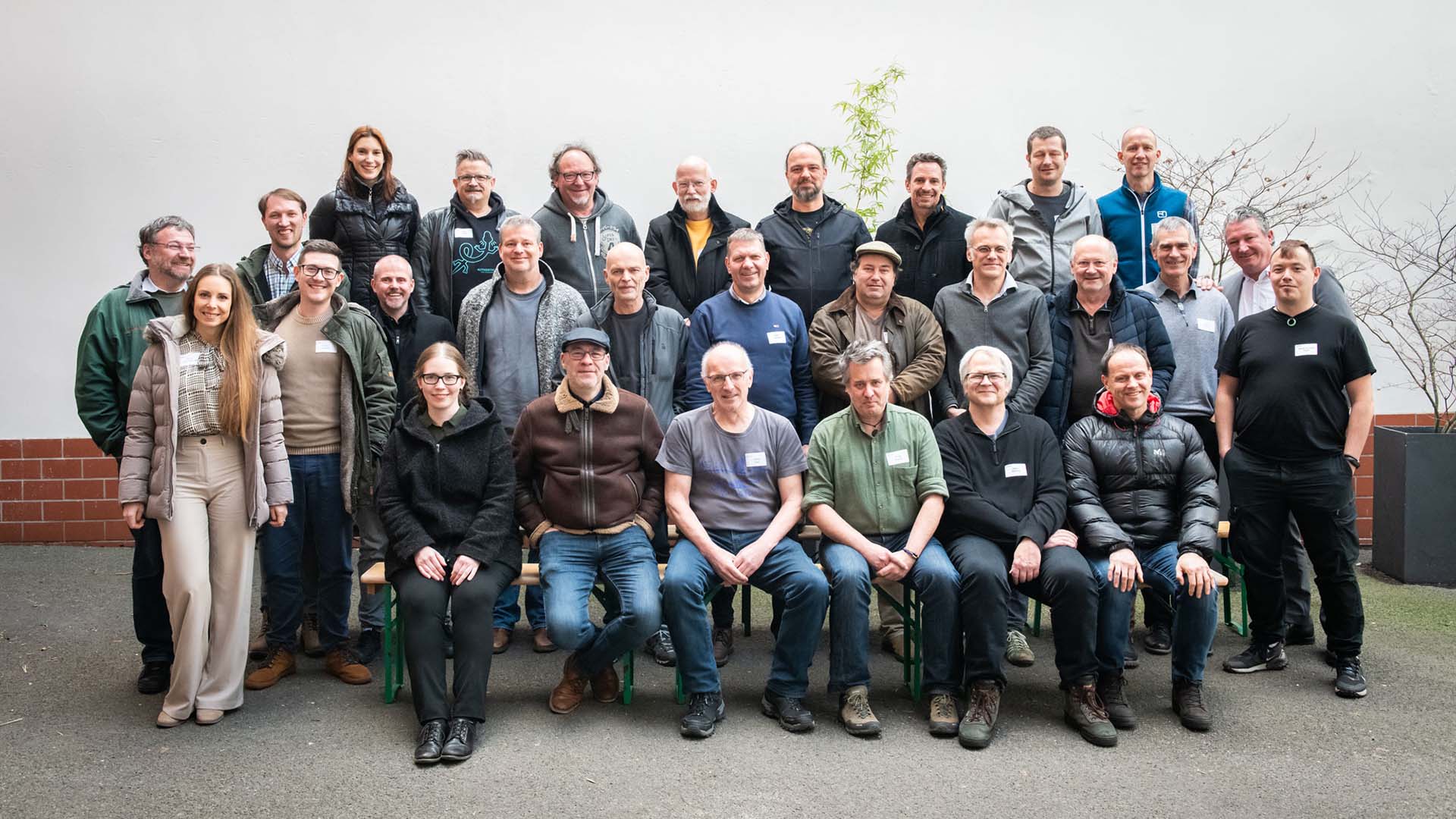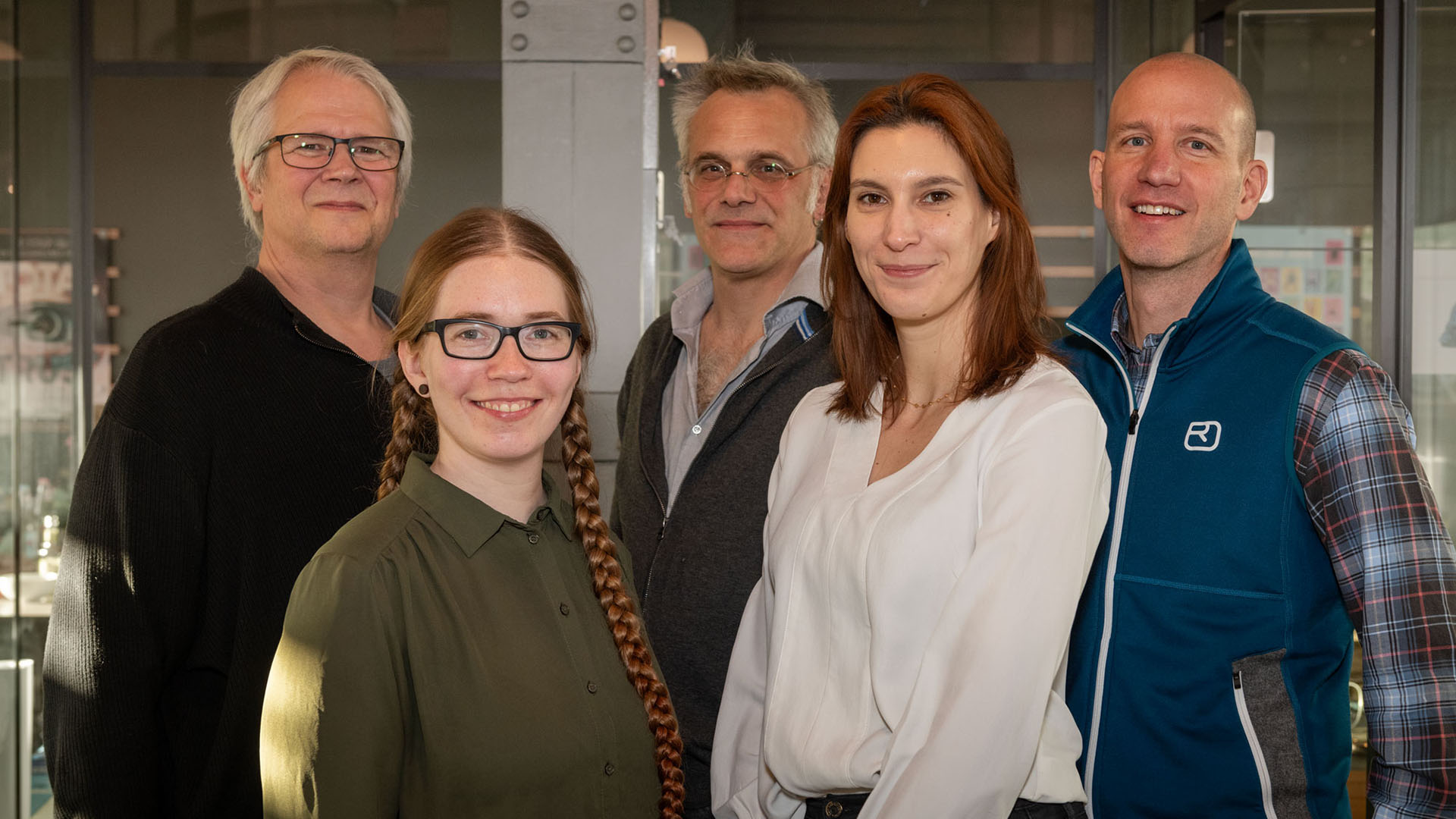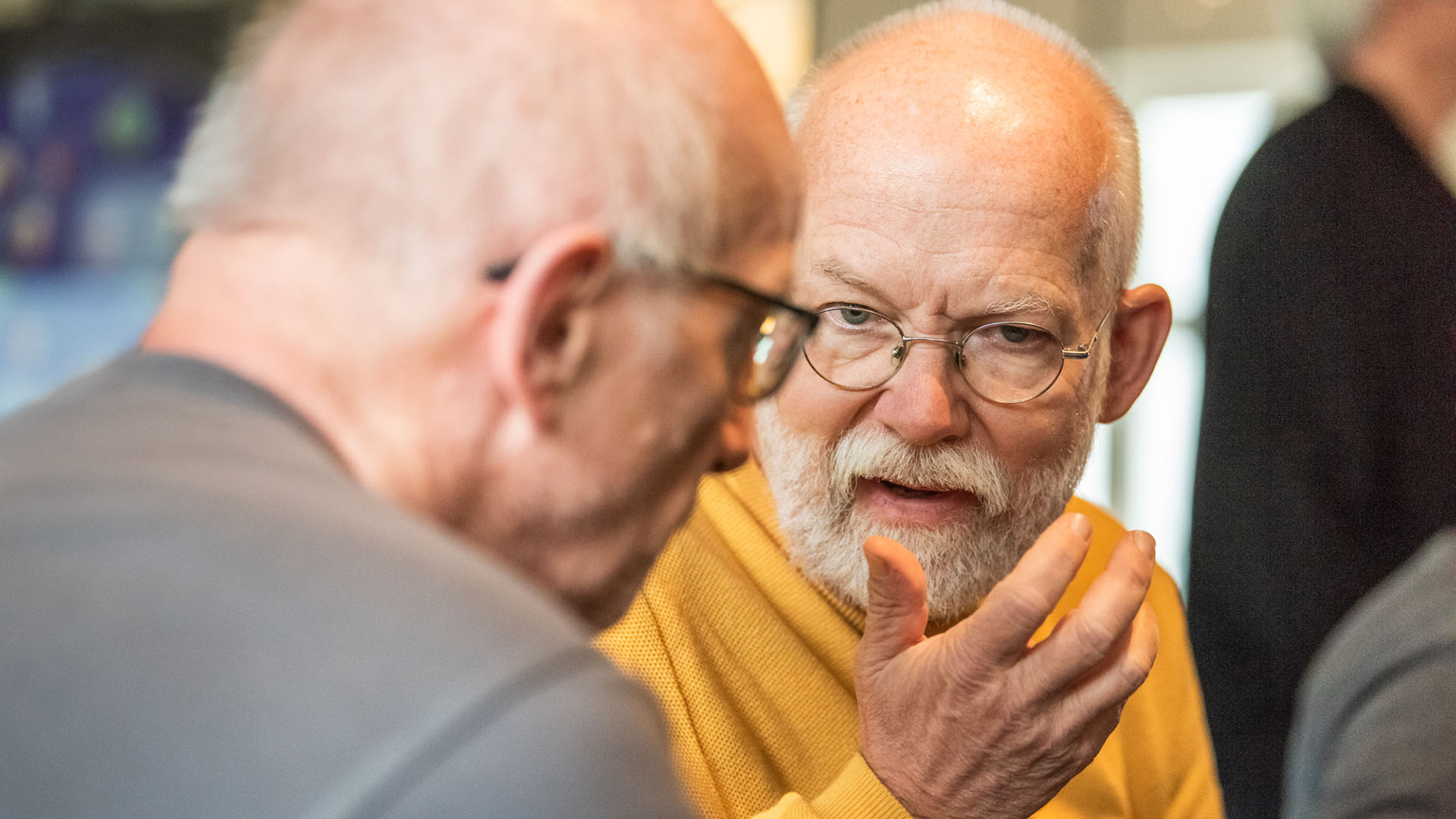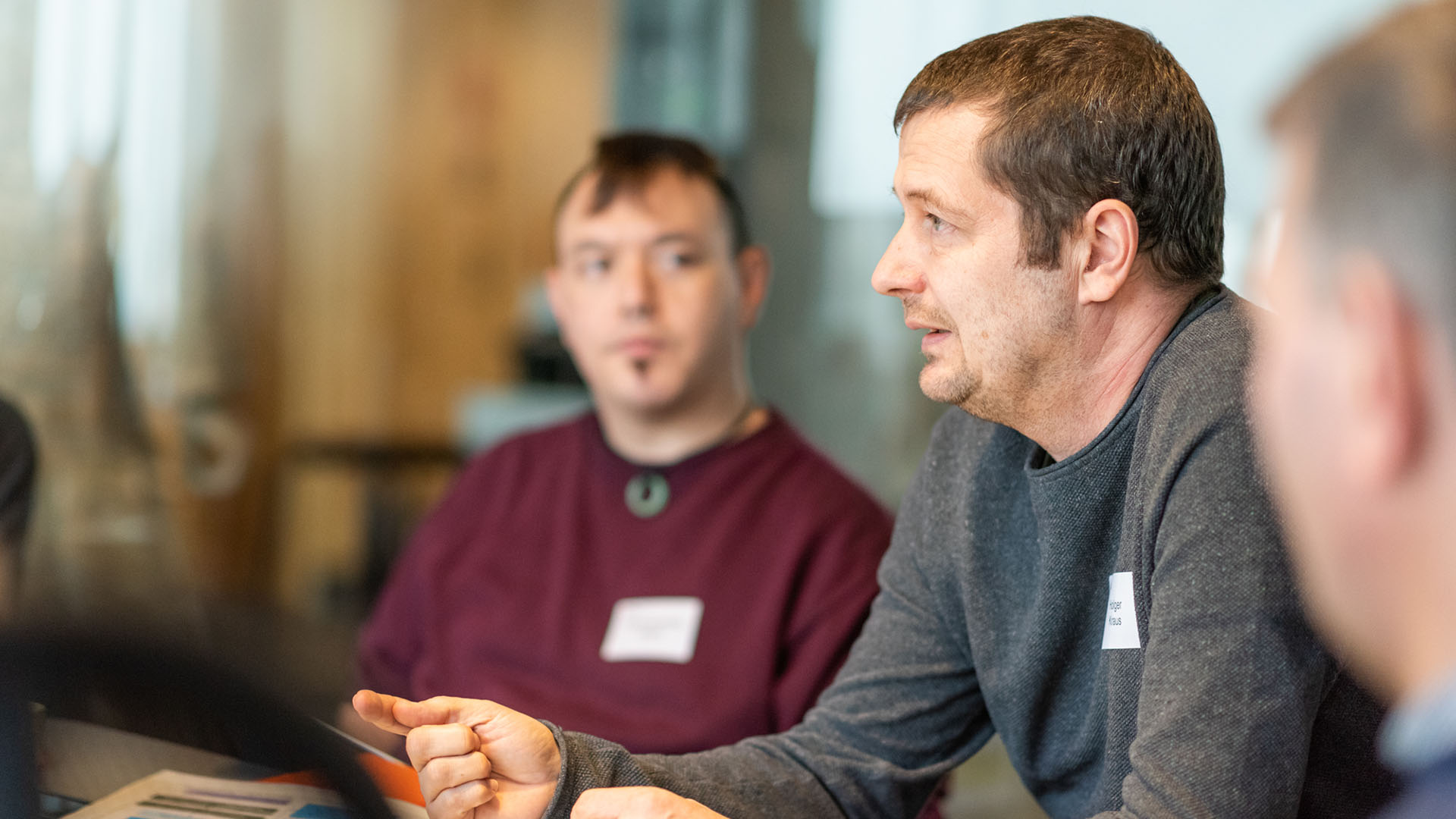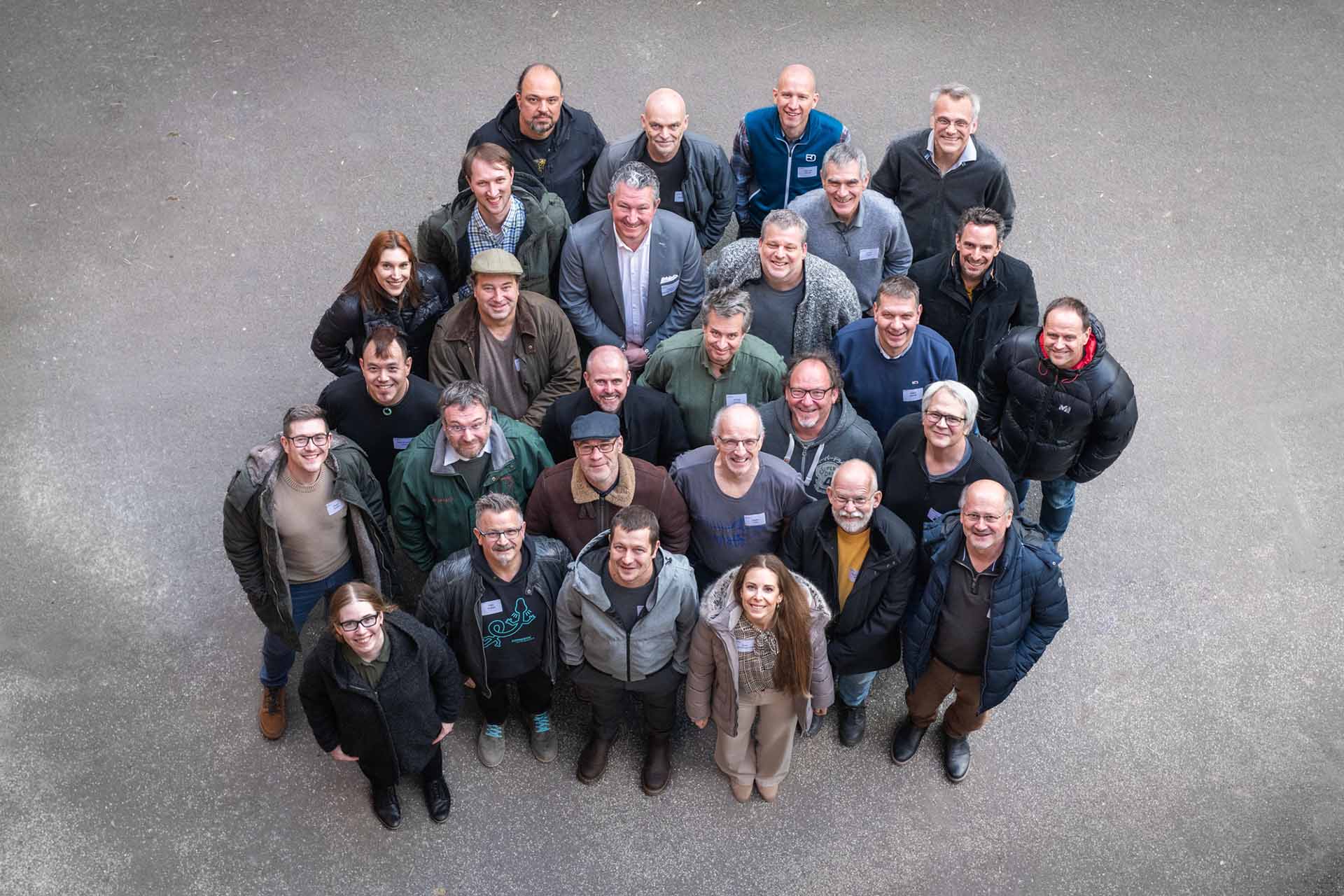
When over 30 amphibian researchers, reptile freaks and fishwomen meet in Kreuzberg … they don’t stand out from the colourful Berlin crowd. But of course they have a good time and use it to join forces to promote our conservation breeding initiative Citizen Conservation. Because it was that time again: on 26 and 27 January 2024, the CC advisory board met at our Kreuzberg premises, followed by the supervisory board on 28 January. A weekend for species conservation, now almost a small tradition.
Good advice is dear to us
Citizen Conservation is a science-based conservation breeding initiative. Therefore, input from experts is crucial to the direction of our strategy. Since our foundation in 2018, we have relied on a select group of top experts who have guided our direction as an operational advisory board during the pilot phase until 2022. Until CC finally became its own organisation: the Citizen Conservation Foundation gGmbH.
With this spin-off as a separate organisation, the old operational advisory board was dissolved and transferred to the new advisory board. Its task continues to be to advise the management of CC on all technical issues. As CC started with amphibians in the pilot phase, the amphibian specialist group was already in place, so to speak. At the first meeting in the new format in 2023, the advisory boards for fish and reptiles were added. One year later, it was high time to return to face-to-face dialogue, to discuss, adjust and plan.
The challenge of population management
As CC has now almost or completely achieved the targeted breeding goals for several species, which can be calculated from statistical population management tools in a scientifically based approximation, the question now arises in practice as to how to maintain the ex situ population of an endangered species in a demographically stable, healthy and diverse manner in the long term. This is laid down in the studbooks that are created for each species – much food for discussion, because ultimately it is the details that matter. Also on the agenda was how to modify the target numbers of our individual programmes for each species, taking various factors into account. The specialist groups then evaluated the previous programmes.
In addition to this specialist work directly on the programme, we also sought input from outside the organisation in order to broaden our perspective and highlight prospects for the future. Mona von Schingen-Khan from the Federal Agency for Nature Conservation reported on current developments in international species conservation in the context of the Washington Convention on International Trade in Endangered Species of Wild Fauna and Flora (CITES), while Martin Singheiser from the Federal Association for Professional Nature and Species Conservation (BNA) reported on proposed legislation at EU level. Finally, Oliver Witte from the DGHT/VDA-Sachkunde GbR presented the latest developments in the certification of expertise for aquarists and terrarium keepers. These guest lectures also provided plenty of material for discussion – after all, all three topics have a major impact on the organisation and direction of CC.
Finally, the supervisory board meeting on sunday focussed on the strategic direction of CC in the future and in particular on the question of how further financial resources can be raised in the long term. After all, species conservation costs money – and the more of it we have available, the more species we can actually save in human care.
And the nights ...
Well, and it goes without saying that the party went on well into the night for a meeting of this calibre. The CC team would like to thank everyone for coming and taking part – it is a pleasure and an honour to be able to work with you!
